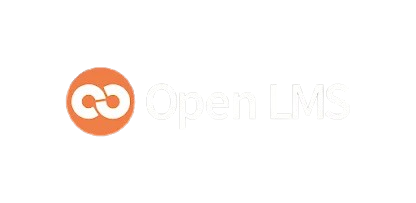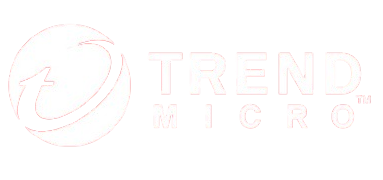Welcome to CloudZA
TRUST | TECHNOLOGY | FUNCTIONALITY
Partners

We Build For Business Value
At CloudZA, we understand that navigating the complexities of cloud technology can be challenging. Our consulting practice is designed to help your business harness the full potential of the cloud, optimising your operations and driving innovation. Whether you're just beginning your cloud journey or looking to enhance your existing infrastructure, our expert team is here to guide you every step of the way.


Why Choose Us
Tailored Solutions
We recognise that every business has unique needs. Our consultants work closely with you to understand your goals, challenges, and opportunities, crafting customised cloud strategies that align with your objectives.
Proven Expertise
With years of experience in cloud technology, our team has a deep understanding of various cloud platforms, including AWS, Azure, and Google Cloud. We leverage our expertise to ensure your cloud environment is secure, scalable, and cost-effective.
End-to-End Support
From initial consultation and planning to implementation and ongoing management, we provide comprehensive support throughout your cloud journey. Our services cover everything from cloud migration and architecture design to security, compliance, and cost optimisation.
Innovation Driven
We believe in the power of innovation. Our consultants stay at the forefront of emerging cloud technologies, ensuring that your business benefits from the latest advancements in the cloud landscape.
Consulting Practice
Architectural Guidance
CloudZA has a growing team of Cloud Architects that are there to help you with architecting the best solution for your workloads. Through Discovery Sessions, we will be able to vet your solution properly and find ways to save you costs when moving to the cloud.
Portfolio Assessment
On-prem and Cloud based portfolio assessments, CloudZA will report on your current infrastructure and application portfolio. With our cloud-native assessment tools, we will be able to analyse and create cost savings for your current workloads either in the cloud or on-premise.
Enablement
Here at CloudZA we pride ourselves in our customer enablement of the AWS Cloud. We have an ever growing knowledge base of resources curated by our own AWS Cloud Architects. This is aimed at those of you that are new to the cloud, and want to learn more.


What we offer
Through Consultation and Discovery Sessions we can tailor the ideal cloud solution for your organisational needs and requirements. Optimisation through modernisation is what we do best.
Cloud Migrations
Cloud Consulting
DevOps
Systems Integration
Data Engineering
Cloud-Based LMS
Cloud Migrations
We here at CloudZA take the complexity out of migration – we assist your business with working through your cloud adoption journey with a team of capable solutions architects.
Allow us to easily facilitate your movement to a more cloud friendly infrastructure
Seamless
Guided
Efficient
Scalable


Professional Services
We will work with your organisation to design and deploy your computing resources into the cloud.
Realise your organisation’s true potential with CloudZA Professional Services.
Expertise
Innovation
Optimisation
Transformation
DevOps
We have a skilled team of DevOps engineers, that use powerful IaC (Infrastructure-as-Code) tools such as Terraform, Ansible and AWS Beanstalk to automate your cloud solution deployments.
Automation
Efficiency
Scalability
Reliability


Systems Integration
Cloud platforms allow for many different forms of integrations and affinities with your current business applications.
We fully understand the importance of system integrations.
Connectivity
Compatibility
Flexibility
Cohesion
Data Engineering
Managed analytics services will enable you to spend less time maintaining and managing the underlying infrastructure housing your data.
Insights
Efficiency
Automation
Optimisation


Cloud-Based LMS
Robust, scalable, innovative Open LMS and Moodle infrastructure deployments.
The CloudZA Team is able to design and customise a tailored Moodle look and feel that suits your organisation.

